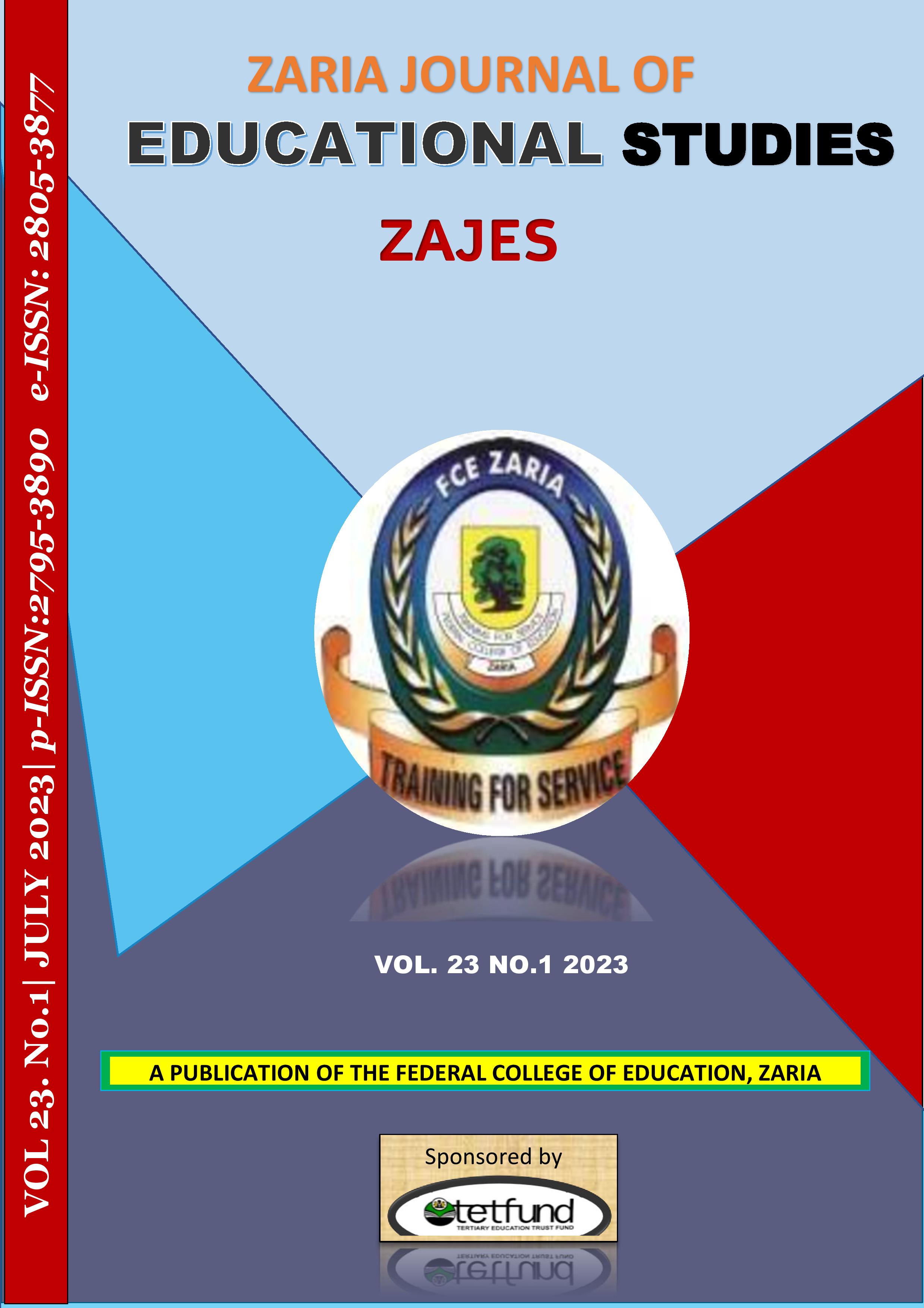Government Spending on Education and Economic Growth in Nigeria
Keywords:
Government Spending, Economic growth, Education spending, Unit rootAbstract
The study investigated the impact of education spending on the economic growth of Nigeria. We applied annual time-series data from 1980 to 2019 and an Autor Regressive Distributed Lag (ARDL) methodology to examine the effect of education spending on economic growth in Nigeria. The empirical findings established that health, capital expenditure on education, recurrent expenditure on education, positively affected GDP growth rate in the long-run and short-run whereas, inflation rate, gross capital formation, and exchange rate retarded economic growth rate in long-run. Contrariwise, inflation rate, gross capital formation and exchange rate retard the economic growth in the short run. The findings proposed that improved capital and recurrent expenditure on education, stabilized inflation and exchange rate, gross national investment would enhance economic growth, improve living standard, and increase government revenue in the long-term.

